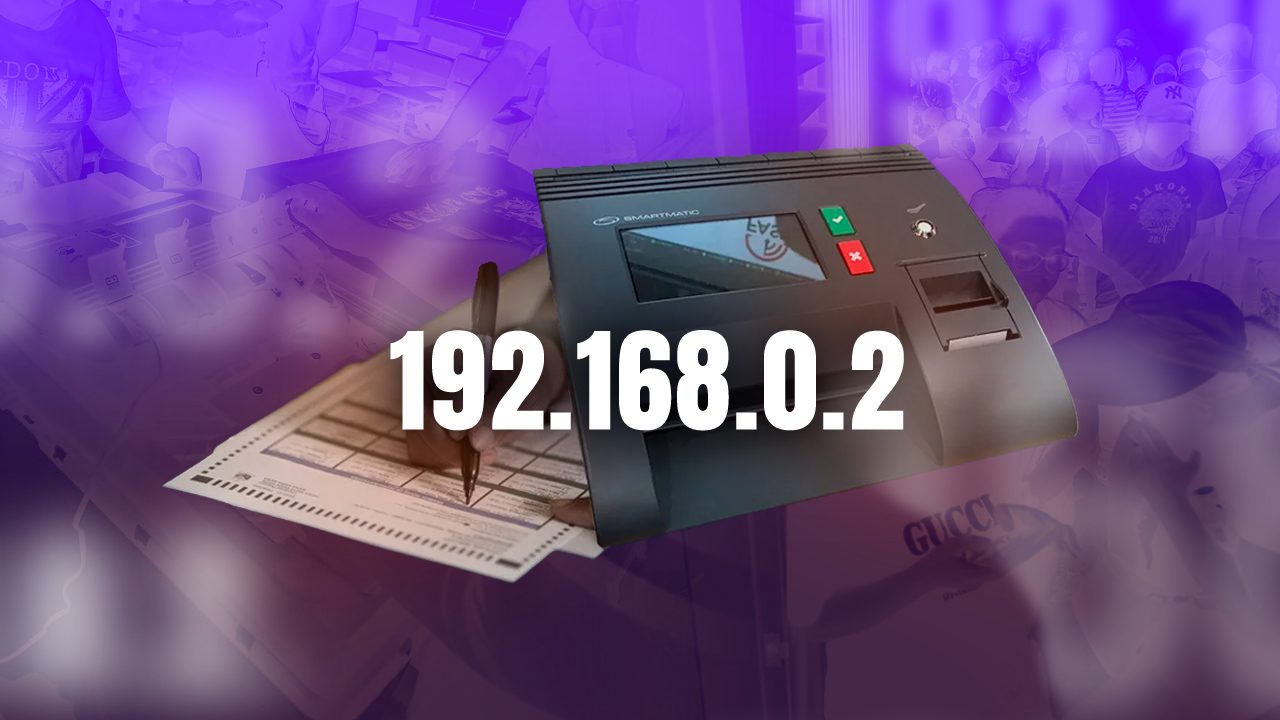According to the two watchdogs, there is nothing illegal and surprising about the use of a single private IP address because it’s common practice.
The rationale behind it: the number of IP addresses out there is not infinite. Designers just did not anticipate that billions of devices would one day connect to the public internet.
To address this, corporations and telcos use a legitimate technique called Network Address Translation (NAT) to map IP addresses reserved for private use to a public IP address.
Namfrel further laid out the likely scenario on election day last year: a telco service provider (TSP) allocated a block of public IP addresses. Modems with the private IP address connected with the TSP’s infrastructure, and subsequently assigned a unique public IP address for the transmission of election returns. When the process was completed, the said unique public IP address was released and reassigned to another modem that needed to connect.


